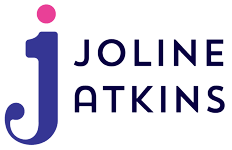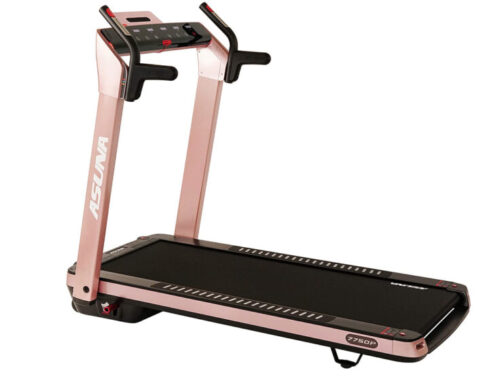 Guess where we tend to get the majority of our information about fitness and nutrition? And, not surprisingly, our confusion?
Guess where we tend to get the majority of our information about fitness and nutrition? And, not surprisingly, our confusion?
Can you take a guess?
The Internet. More specifically, social media and blogs.
Yikes.
Dream a little dream . . .
With a computer and a dream, anyone can be an expert in fitness and nutrition. Heck, even I’m included in that group when years ago, as I started my own fitness journey, I suddenly found myself in the awkward position of being asked advice I had no business offering. Chalk it up to enthusiasm, but I shudder as I’m reminded of the recommendations I liberally handed out as a newly minted “Coach” building a virtual business on social media.
Thankfully, blessed with friends who did possess the educational background to warrant being considered experts, I was given gentle (yet pointed) nudges towards increasing my scope of practice through mentorship and accredited certifications. Being challenged about one’s professionalism is humbling. And yet, listening to that challenge (and admitting and acting upon it through further study) is essential in the fitness and nutrition industry where our sole responsibility is to offer clients safe, effective, and evidence-based instruction and content.
That’s not to say one can’t find great information online. But it can be tricky. Years ago I discovered and adopted a rubric for discerning actual truth, from, say, sites like Goop. (Please tell me you caught the rhyme in that statement.)
Red Flags
Nutrition As I Know It offers 4 tips for evaluating the material one finds via nutrition “news” sites, social media influencers, and popular bloggers. Here are the “red flags” they suggest keeping in mind when perusing online sources for fitness and nutrition:
- Cherry-picking sources that agree with their beliefs while ignoring those that don’t.
- Not interpreting data within the full context of what is known about a topic.
- Over-extrapolating study results (for example, stating findings from an animal trial apply directly to humans).
- Citing invalid or uncredible sources (using anecdotes as hard evidence as opposed to peer-reviewed literature).
I have personal criteria as well and am careful about sharing information from those who:
- base their fitness or nutrition-related advice solely on “personal experience”
- offer meal-plans without a background in nutritional science
- suggest an extreme dietary approach before a combination of regular exercise and sensible nutrition
- are unwilling to invest in continuing education to improve their skills and/or learn new ones
- fitness pros who offer nutrition advice without any background in accredited nutrition courses (which still don’t give us carte blanche for acting the role of an RDN – check your state requirements!)
(Add to my list, celebrities and often, authors of best-selling diet books.)
Who’s left?
The following seldom receive the accolades they deserve. While there are countless more professionals one could follow, this is a running start for those looking for credible resources. (And, my personal favorites.) All can also be found on Facebook and Instagram.
- Dr. Yoni Freedhoff, MD
- Leah McGrath RD (Build Up Dieticians)
- Dr. Spencer Nadolsky MD
- Sally Kuzemchak RD (Real Mom Nutrition)
- ***Abby Langer RD (Abby Langer Nutrition)
- Ilana Muhlstein RDN, MS (read about her program here)
- Sohee Lee (NSCA-CSCS*D, CISSN)
- Leslie Bonci MPH, RD, CSSD, LDN (Active Eating Advice)
- Jordan Syatt
- Carter Good
- Erin, the Food Science Babe
Knowledge + action = power. Let these professionals help you tackle the fitness and nutrition arena of life with solid research, credible recommendations for execution, and long-term solutions for sustainable results.
***Want to join us for a live Zoom call with Abby Langer? Sign up for my Newsletter, and while there, click that you would like information about our special call with Abby. We’d love to have you!



